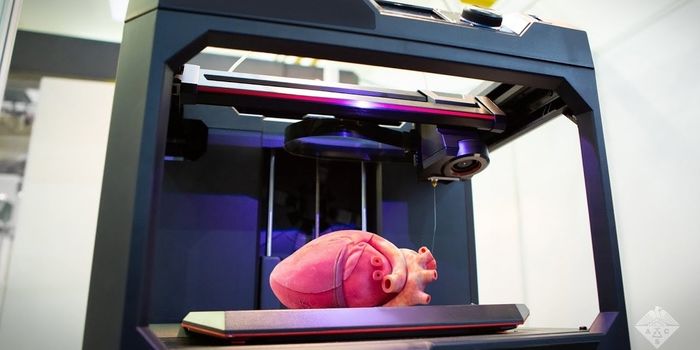While the answer to this question is most definitely not a clear yes or no, scientists in China have begun the investigations with several experiments on macaques, isolating one of the genes that has been associated with human autism and inserting it into the primates. The scientists were on the lookout for unusual behaviors, and noted that the macaques with the "autism gene" did indeed behave peculiarly, running around in their cages in circles for long periods of time and avoiding social interactions with other macaques. These behaviors such as nervous fidgeting and social awkwardness are traits that humans with autism often exhibit.
Needless to say, determining the genetic link with autism is a big ambition. According to a study published in Nature, autism has a vast array of symptoms and types, and researchers think that at least 100 genes play a part. Much work still needs to be done to prove that the inserted gene does in fact have a consistent impact on the primates in regards to autism-like characteristics. Researchers hope that the studies with the macaques will open up new ways to test treatments and investigate the biology of autism that may help humans.








